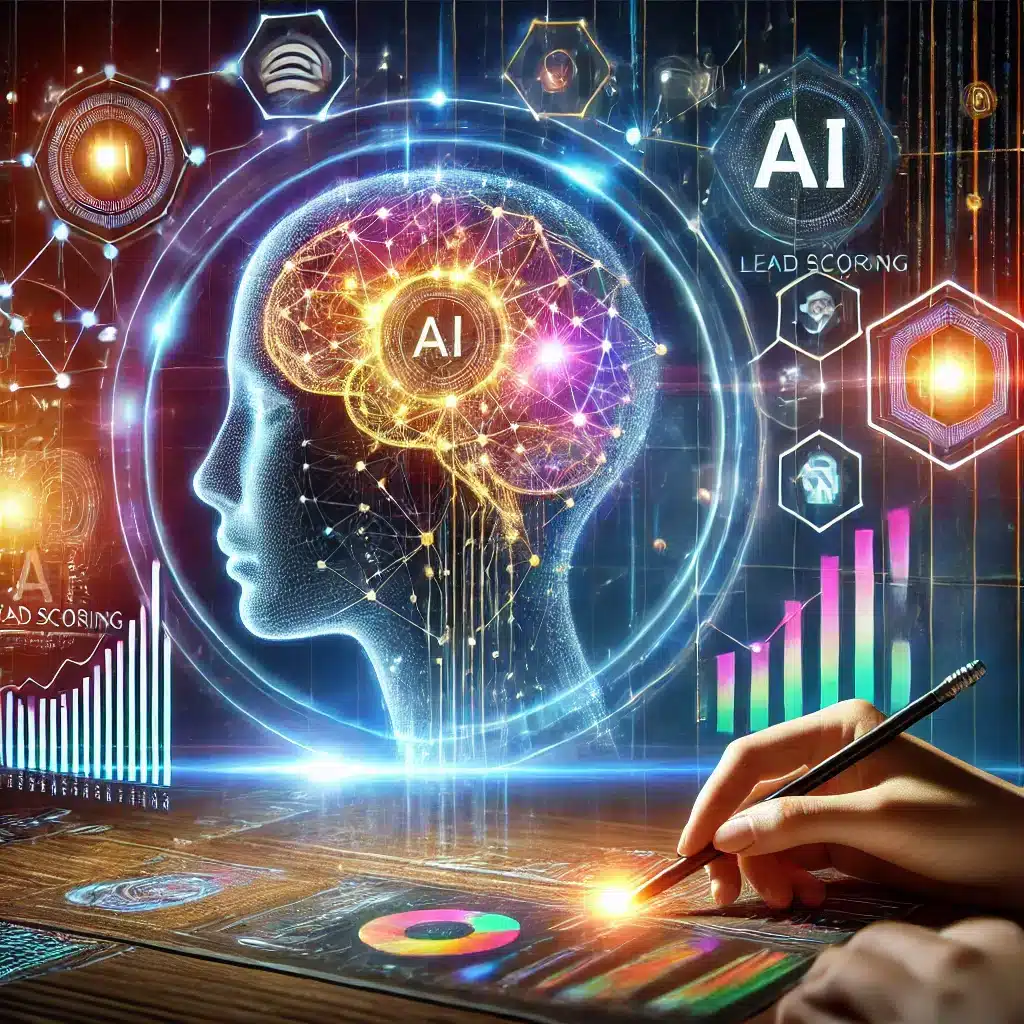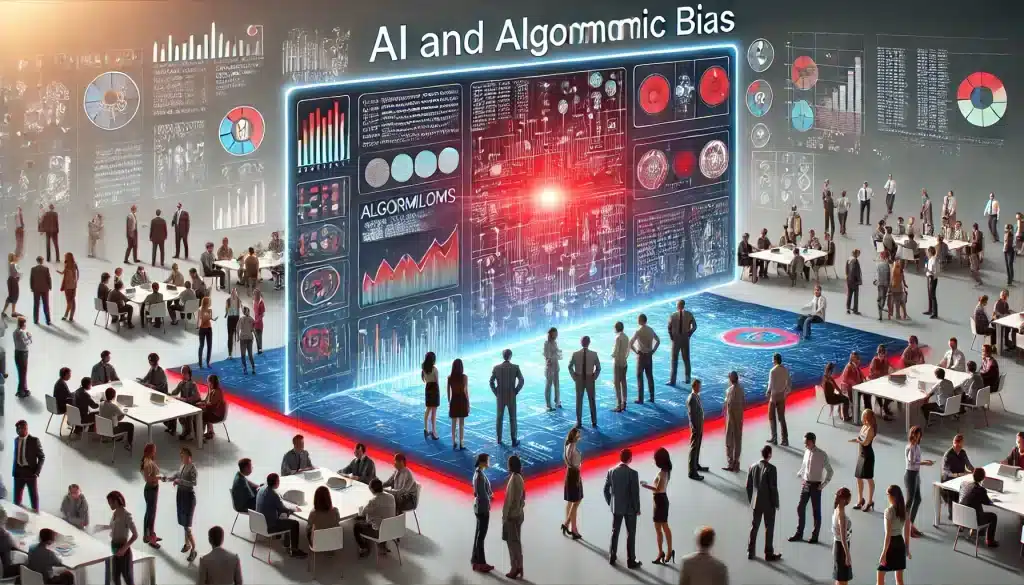Understanding AI Workplaces
AI workplaces are transforming how businesses operate. They present exciting opportunities but also pose unique challenges. AI, short for Artificial Intelligence, helps automate tasks, improve decision-making, and increase efficiency. However, its implementation also demands careful consideration to ensure it doesn’t lead to increased workloads or burnout, as seen in other technology implementations. Teachers in a recent study expressed similar concerns with new technology in educational settings.
Opportunities Offered by AI in Workplaces
Firstly, AI has the potential to enhance productivity. By automating routine tasks, employees can focus on more critical and creative aspects of their jobs. Furthermore, AI can provide data-driven insights, enabling businesses to make better decisions. This efficiency can lead to cost reductions and efficiency gains. For example, AI-powered chatbots can handle customer queries efficiently, freeing up valuable human resources.
Challenges of Implementing AI
Nevertheless, integrating AI into workplaces is not without challenges. As the Gizmodo article highlighted regarding teachers’ technology use, similar issues can arise in workplaces. Additional stress may occur if new technologies simply add to existing responsibilities without removing older tasks. Thus, businesses must ensure that AI serves as a tool for reduction, not an additional burden.
Ensuring Employee Well-being
It is crucial for employers to consider employee well-being when integrating AI. They must provide proper training and support to help staff adapt to AI systems. Furthermore, listening to employee feedback and adjusting implementation strategies accordingly will make transitions smoother. Ultimately, AI should enhance the workplace experience, not hinder it.
Striking the Right Balance
Moreover, businesses need to find the right balance when implementing AI. Focusing on efficiency is important, but not at the expense of employee satisfaction. With the right approach, AI can transform workplaces by combining human creativity and machine efficiency. Consequently, this synergy could lead to innovative solutions and more fulfilling work environments.
The Path Forward for AI Workplaces
To illustrate, AI is already reshaping industries like healthcare, finance, and retail by improving accuracy and streamlining operations. In conclusion, with careful planning and consideration, AI can be a powerful ally in creating future workplaces that are efficient, sustainable, and engaging. Companies should explore how AI can assist their operations while simultaneously addressing potential challenges, ensuring a smoother transition for all stakeholders involved.



